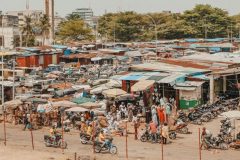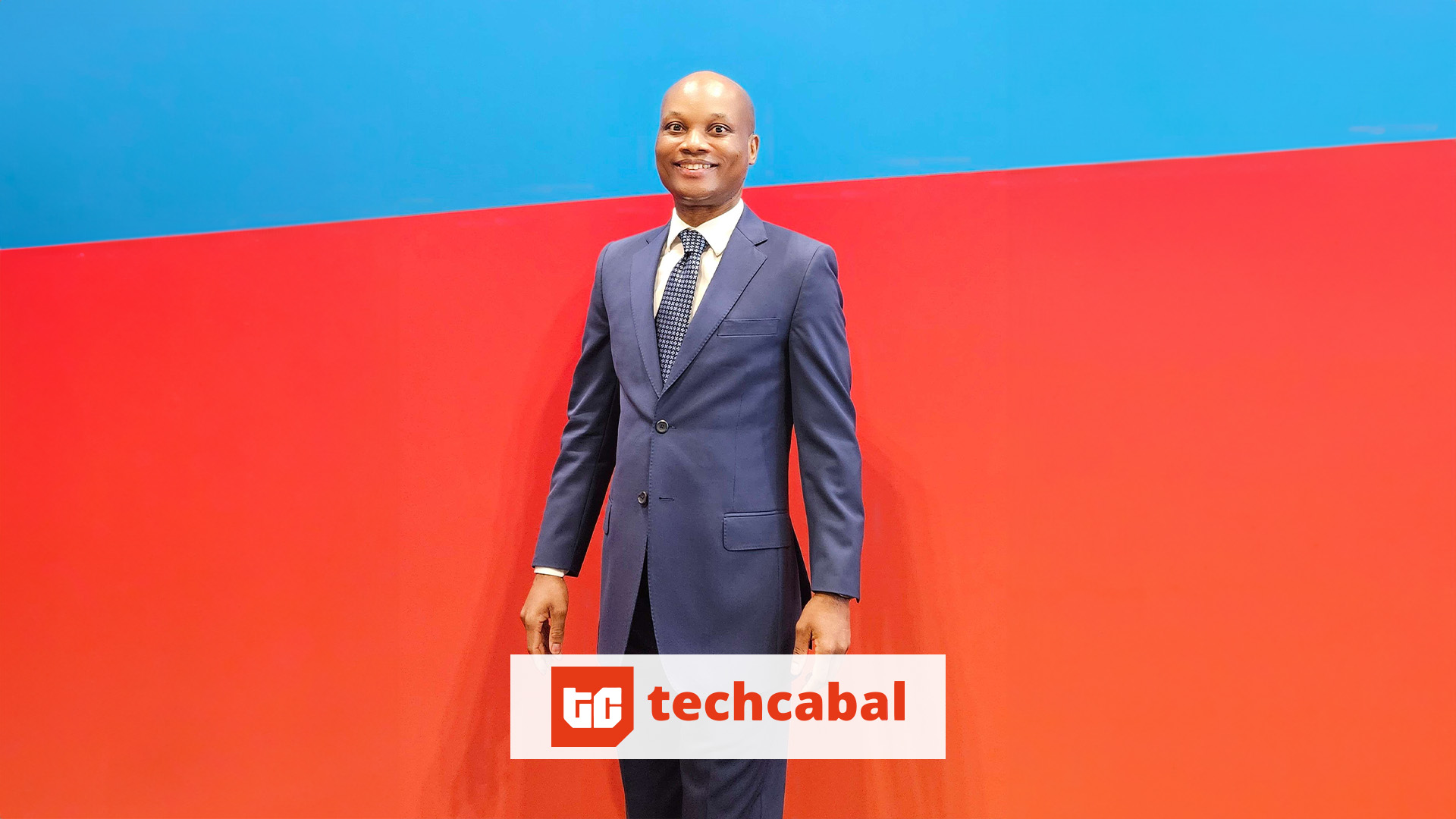In an exclusive interview conducted for TechCabal, Noel K. Tshiani, founder of Congo Business Network, interviews Patrick K. Lukusa, Managing Director at Odoo Kenya on his professional background, interest in the technology sector, and the company’s ambitions in Francophone Africa.
Please tell our readers a bit about your background and your passion for tech.
I grew up in Lubumbashi in the Democratic Republic of Congo, where I had the opportunity to travel in the backcountry. At the time, I was fascinated by the small traders who travelled between big cities and villages. Seeing them handle huge amounts of cash, I wanted to understand how solving basic needs (food, transportation, etc.) was important to both the region’s economy and the self-sufficiency of people who would not otherwise be given a chance.
In high school, I opted for business and administrative sciences, leading me to pursue my higher education in management engineering in Belgium. I chose this field of study because it combined computer science with business management. It was an opportunity to hone my geeky side while seeing how to turn it into something useful.
I made my first move to Odoo Belgium as an intern. At that time, we were only about 30 employees. I was training and helping our customers in Europe, Africa and the Middle East to set up their applications. I then joined our Indian office to help launch the first consulting (service) and the sales teams. Back in Belgium 2 years later, I helped develop our direct sales in Europe and Africa. This is where it became clear to us that we had to give special attention to our customers in Africa for better support.
How are you different from your competitors, and what are your major achievements in Africa so far?
First of all, you have to understand what we offer. We offer companies all-in-one business applications. This means that we have almost an application for every need or aspect of the business, including sales management, websites, purchasing, inventory etc. These applications communicate with each other, giving more automation to their users. They are also intuitive, easy to use and accessible from mobile phones.
If you look at the many needs our tool covers and the ease that Odoo provides, you will find few competitors of what we offer. If you see things from the point of view of African small and medium-sized businesses, the needs are so great that everyone is welcome to help them.
Our greatest achievement today is the number of companies that rely on Odoo to manage their entire business. We are transforming the way these companies operate. We also have companies and even freelancers who make their living with Odoo applications and the services they can offer around that. We have created a whole economy of a few million dollars that brings together different providers and that creates direct and indirect skilled jobs.
What does Odoo do in Kenya, and how many countries does your solution cover in Africa?
In terms of geographical coverage, it will be difficult to find a single country in Africa where there are no users of Odoo applications. The reason is simple: African businesses, large and small, have a substantial need to grow and better manage their day-to-day activities and this need is not yet sufficiently served.
Odoo is establishing itself in Kenya so that we are closer to our end users across Africa. Before that, we already had customers all over the place. However, the distance between them and our nearest office in Belgium did not allow us to fully understand their economic, cultural, legal and regulatory realities nor to provide a consistent service to meet their expectations.
How does Odoo support startups and governments in the enterprise resource planning sector?
Our users are startups and established companies, companies in various fields such as services, production, and non-merchants. What they have in common is the need to operate efficiently by avoiding repetitive, non-value-added tasks, human errors, and unnecessary paperwork so that they can focus on value-generating tasks.
We help them grow their business. For example, a company that goes digital gains operational efficiency as tasks that used to take hours or even days now take minutes. Business owners can also make better business decisions with the data encoded in their applications.
For government agencies, many of them use Odoo for its technical capabilities and open source licence, which allows for unhindered use in critical integration projects. There are even indirect benefits from the fact that companies that digitise have greater transparency and compliance with tax laws.
What are your ambitions in French-speaking Africa for the next 2 to 5 years?
Internally, we like to say “planning is guessing”. In 5 years, things will be very different but one thing we are aiming at is to democratise the use of management software among small and large African companies. The price will no longer be a barrier. Technicality won’t be an obstacle either, since our applications are intuitive and we offer implementation, training and maintenance service that is closer and more accessible on the continent itself and not on the other side of the Mediterranean.
On Friday, the 23rd of September, TechCabal in partnership with Moniepoint (by TeamApt) will host the most important players in tech and business on and off the continent to discuss the future of commerce in Africa. Register now to attend.




















